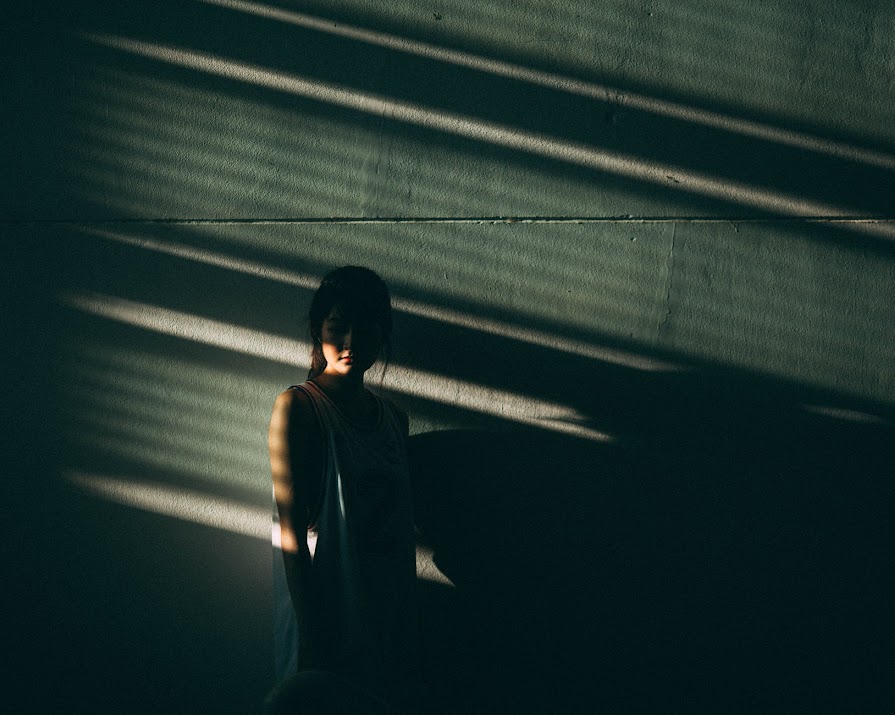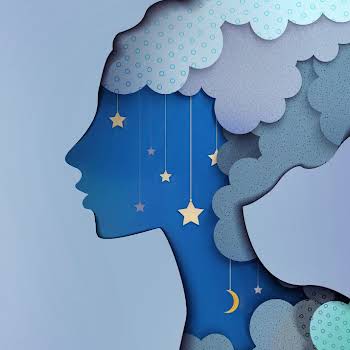
By Jennifer McShane
11th Oct 2018
11th Oct 2018
When is the last time you remember feeling unsafe, simply being in a place because you were a woman? As you were walking home, down a dark road alone? Wearing your favourite dress at a party? How about just getting on a bus? In what is a striking – and harrowing – reminder that Irish women don’t feel entirely safe even doing basic things on a daily basis, a new study has revealed that nine out of 10 women in Ireland have said they felt unsafe in Ireland because of their gender and six out of 10 felt unsafe just taking the bus.
The startling report by children’s rights charity, Plan International Ireland, examined how women perceive the world around them and how fear of harassment prevents them from going about their daily lives.
Physical harassment and fear are a part of daily life
The vast majority of women (93%) surveyed feel more vulnerable purely because of their gender. The survey also revealed that almost six in ten women (58%) often or sometimes feel unsafe doing the simplest of tasks, such as taking the bus.
And it’s not just verbal; it gets worse. More than a third of women participating in the survey say they have been subjected to physical harassment in public; most frequently in bars (36%) followed by public streets (22%).
Half said they experienced verbal abuse in public while some said they felt forced to modify their behaviour because they feel unsafe day-to-day. Almost three-quarters say they jog or walk faster as a safety precaution at night. Nearly half said they take a different route or will even walk longer distances to feel safer.
Speaking about the report, Paul O’Brien, CEO of Plan International Ireland said: “It’s a stark reality for women in our country, especially young women, that harassment and fear are part of daily life. It’s clear that our young women are faced with significant barriers as they strive to achieve their full potential, barriers which men don’t seem to have to factor-in to everyday life.”
What does it say about our country, in an era of #MeToo, that women feel fear just walking out the door? It’s a grim reminder that, whatever the positive change that has come of the last 12 months, we have a long way to go – and that the system in place is failing women as it stands. Three-quarters of women surveyed were under 25, and it’s worth noting that the report didn’t say at what age they started feeling this way; changes are, it began when they were very, very young.
This week, using the hashtag #wheniwas flooded Twitter, as people, mostly women and girls, shared their earliest experiences of sexual harassment and abuse, most of which occurred when they were of school-going age.
#wheniwas 12, I was in art and the boy sitting across from me went under the table and filmed between my legs without me knowing. He then showed the video to half the class.
I felt I had to laugh it off because i didn’t want to be “that girl” that overreacted to “lad banter”.— AshBash (@ashleymclean96) October 8, 2018
The hashtag was revived in the wake of a new report from Plan International UK, which revealed that one in three girls in the UK had been sexually harassed in public when wearing a school uniform and that two-thirds have experienced unwanted sexual attention in public; shockingly 35% of girls reported receiving unwanted sexual contact, such as being touched, groped or grabbed.
‘I brushed it off; it was easier’
Anna, a 26-year-old studying in Dublin (who didn’t want to share her surname) told IMAGE.ie that the report’s findings were of no surprise to her – and that in the last year, she’s felt less safe, even with all the conversation surrounding #MeToo. “I don’t know if it’s just ingrained in us as women, to brush what is harassment off as a joke, or “a bit of banter.” She recalled standing at a bus stop late one afternoon when a stranger just approached her and “wrapped his arms around my waist.”
“It was broad daylight, and I was standing there at a stop, on my phone, with people not too far away and the guy just came up and did it; his arms went in under my jacket, and he ran his hands up and down my waist. I think he was drunk – I hadn’t even time to react properly before I pushed him away but he starting shouting abuse almost immediately. I wasn’t even shocked – I brushed it off; I felt it was easier than making a big deal.”
“And I remember feeling embarrassed, like I had done something wrong to warrant that attention. “
“The other thing I remember is that no one approached to ask if I was okay; people glanced at me and looked away, almost feeling uncomfortable to be even looking at it happening.”
“It’s normalised behaviour at this stage, and that’s a huge part of the issue; blokes can see it a bit of a laugh and women don’t report even when more serious incidents happen – it all means that less serious incidences or things that might happen daily are dismissed or labelled as ‘trivial,'” Anna added.
Plan International Ireland carried out the survey following an international study which examined the safety of young women in cities across the world. The survey of almost 400 experts in children’s and women’s rights and urban safety, including experts based in Dublin, found that sexual harassment is the biggest city danger facing young women.
“We have seen that there is a need for a culture change to ensure young women feel safe and are safe when in public spaces, and crucially are consulted on policy-making in the area. They need allies to achieve this – and men have a critical role to play,” O’Brien said of the findings.
The problem is, that unless a very real and radical shift occurs, what normalises is a society of women such as Anna, who blame themselves for harassment and abuse. That starts a cycle – from such a young age – that might never be broken successfully.
Keeping things as they are means the women of Ireland might never feel fully safe in their home country.
They deserve so much better.























